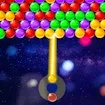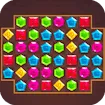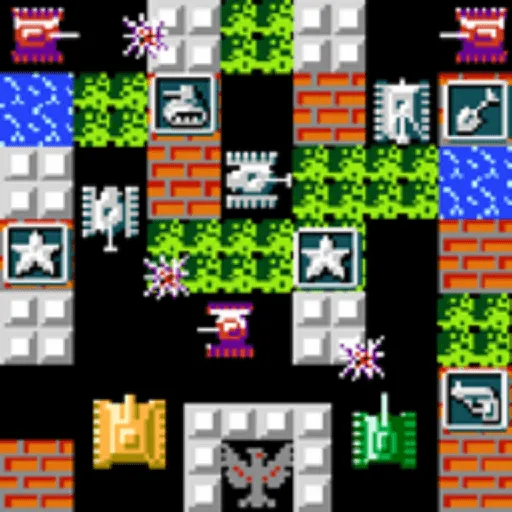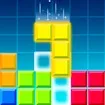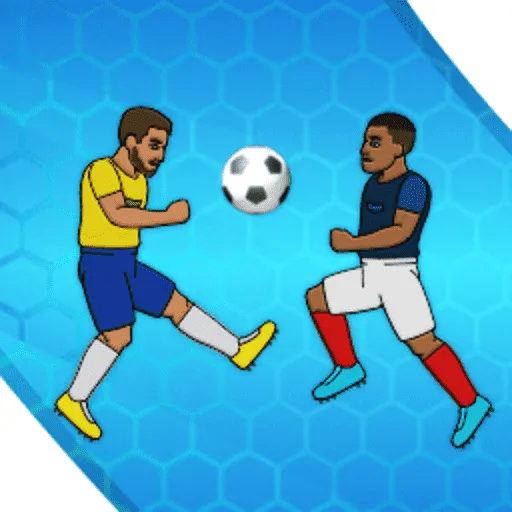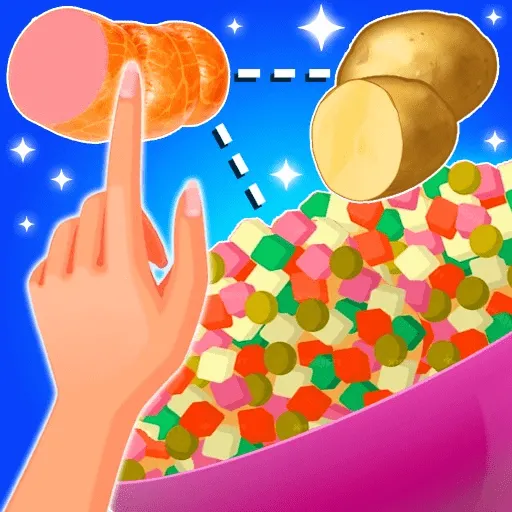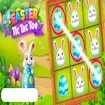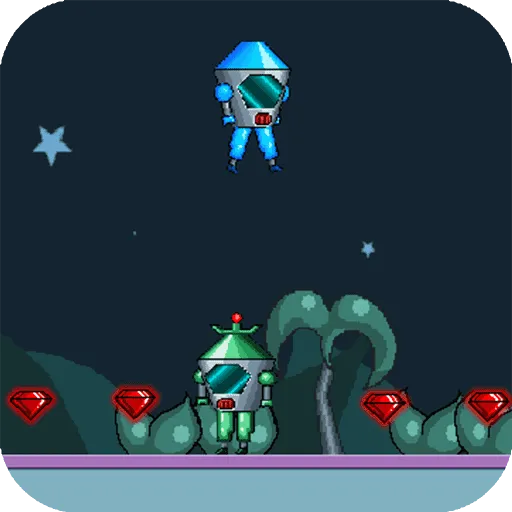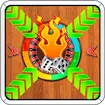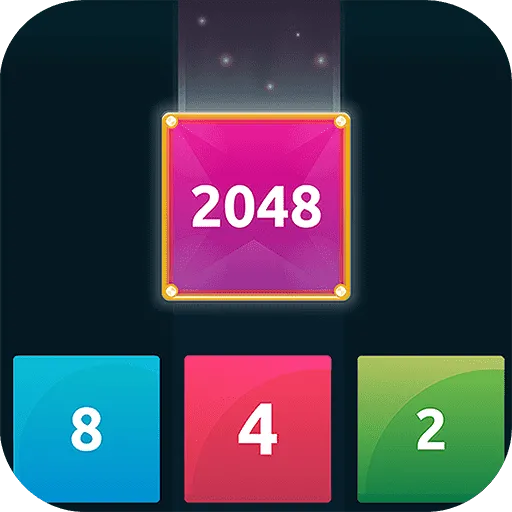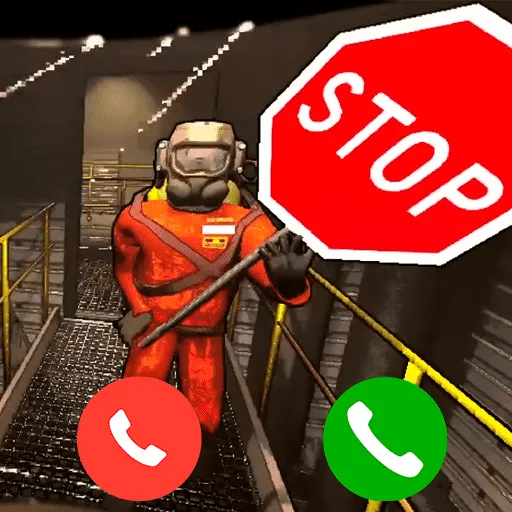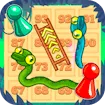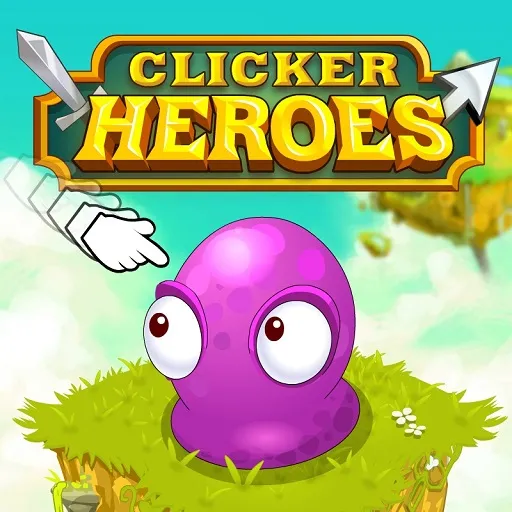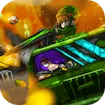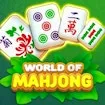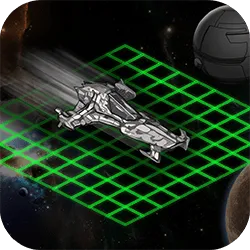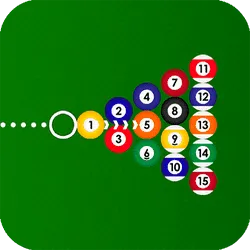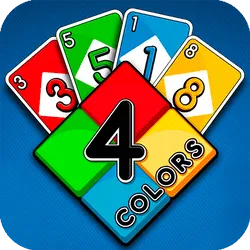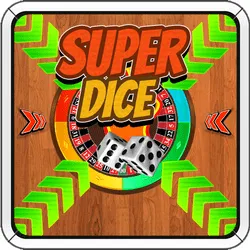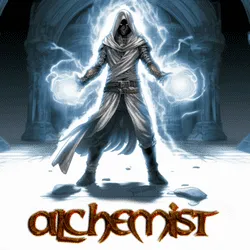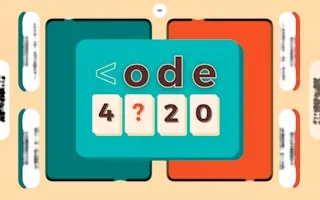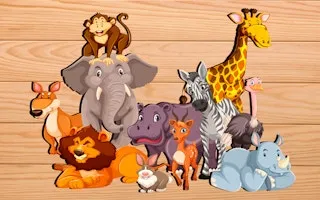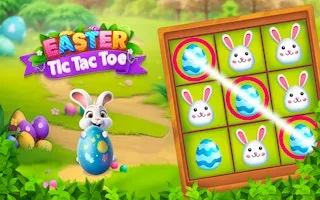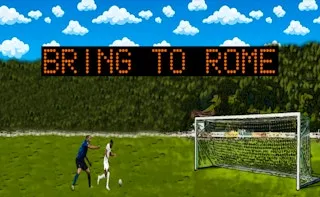Junior Chess Game Instructions
Set Up: Arrange your pieces on the board. Pawns in the second row, others in the first row.
Objective: Checkmate your opponent’s king.
Pawn: Forward 1 step, captures diagonally.
Rook: Straight lines.
Knight: "L" shape.
Bishop: Diagonally.
Queen: Any direction.
King: 1 square any direction.
Play: Take turns moving. Capture opponent’s pieces to gain advantage.
Win: Trap the opponent’s king so it can’t escape.
title="YouTube video player"
frameborder="0"
allow="accelerometer; autoplay; clipboard-write; encrypted-media; gyroscope; picture-in-picture; web-share"
referrerpolicy="strict-origin-when-cross-origin"
allowfullscreen>
Start playing and enjoy learning strategies in Junior Chess!
Objective: Checkmate your opponent’s king.
Pawn: Forward 1 step, captures diagonally.
Rook: Straight lines.
Knight: "L" shape.
Bishop: Diagonally.
Queen: Any direction.
King: 1 square any direction.
Play: Take turns moving. Capture opponent’s pieces to gain advantage.
Win: Trap the opponent’s king so it can’t escape.
Junior Chess Video Game Demo
title="YouTube video player"
frameborder="0"
allow="accelerometer; autoplay; clipboard-write; encrypted-media; gyroscope; picture-in-picture; web-share"
referrerpolicy="strict-origin-when-cross-origin"
allowfullscreen>
Start playing and enjoy learning strategies in Junior Chess!
Categories:
Junior Chess Game Description
Junior Chess: A Gateway to Strategic Thinking for Kids
Junior Chess offers a fun and educational experience for kids and beginners to learn chess online. Engage in interactive gameplay that fosters critical thinking and strategy.
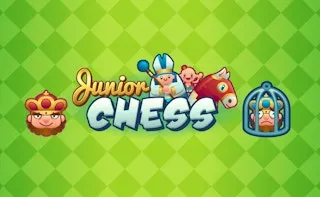
Junior Chess
The Charm of Junior Chess
Junior Chess is more than just a game; it’s a journey into the world of logic, strategy, and creativity tailored for young minds and beginners. Unlike traditional chess, which can seem daunting at first, Junior Chess simplifies the complexities without losing the essence of the classic game. Designed with vibrant visuals, engaging animations, and intuitive interfaces, it ensures that players of all ages, particularly children, can grasp the fundamentals while enjoying the process.
The game goes beyond entertainment, offering an enriching experience that cultivates essential skills such as problem-solving, decision-making, and patience. Whether you’re a parent introducing your child to a timeless classic or a beginner exploring the fascinating world of chess, Junior Chess serves as the perfect starting point.
Why Junior Chess Stands Out?
Junior Chess differentiates itself by offering a seamless blend of education and entertainment. The game features tutorials that introduce basic moves like pawn advancement, castling, and checkmating strategies in an accessible manner. For young learners, the interactive hints and guided moves help them understand the impact of their decisions without feeling overwhelmed. This approach transforms learning into an engaging and enjoyable activity, keeping players motivated to explore and improve.
The emphasis on accessibility makes Junior Chess a standout choice. By integrating colorful graphics and user-friendly controls, it creates an inviting environment that encourages consistent practice. This consistent engagement nurtures cognitive development and lays the groundwork for advanced learning in the future.
Educational Benefits of Junior Chess
Playing Junior Chess is an excellent way to enhance cognitive and social skills in children. The game encourages logical reasoning by prompting players to anticipate their opponent’s moves and formulate effective counterstrategies. This skill is invaluable in both academic and real-life scenarios.
Junior Chess teaches the importance of patience and foresight. Players learn to plan their moves carefully, evaluating multiple possibilities before making decisions. This methodical thinking process strengthens analytical abilities and boosts confidence in problem-solving tasks.
The multiplayer features of Junior Chess foster social interaction. Whether competing against friends or participating in global matches, players develop communication and sportsmanship skills. These attributes are vital in building collaborative relationships and understanding diverse perspectives.
How Junior Chess Enhances Strategic Thinking?
Junior Chess is a powerful tool for cultivating strategic thinking. The game introduces foundational concepts such as controlling the center, protecting valuable pieces, and planning multi-step attacks. These principles not only improve chess proficiency but also translate to enhanced decision-making in other areas of life.
For beginners, the structured progression of difficulty levels ensures a gradual learning curve. Players start with simple puzzles and challenges that focus on specific tactics, such as pinning and skewering, before advancing to complex scenarios. This step-by-step approach builds a strong foundation while keeping the experience engaging.
The game also integrates adaptive AI opponents, allowing players to test their skills against varying levels of difficulty. This feature encourages continuous improvement by providing a safe space to experiment with new strategies and learn from mistakes.
Engaging Features of Junior Chess
One of the standout features of Junior Chess is its customization options. Players can choose from a variety of board designs and piece styles, adding a personal touch to their gameplay. This element of personalization enhances the overall experience, making each session unique and enjoyable.
Interactive tutorials are another highlight. These step-by-step guides break down complex moves into manageable segments, ensuring that players understand the reasoning behind each action. This hands-on learning method is especially effective for children, who thrive in environments that combine visual and tactile stimuli.
The game’s progress-tracking system allows players to monitor their development over time. By reviewing past games and analyzing mistakes, players can identify areas for improvement and refine their strategies. This feature fosters a growth mindset, encouraging persistence and resilience.
Why Parents and Educators Recommend Junior Chess?
Parents and educators highly value Junior Chess for its ability to balance fun with learning. The game aligns with educational goals by promoting critical thinking and intellectual curiosity. It serves as a practical tool for teaching children how to approach challenges methodically, analyze outcomes, and make informed decisions.
For educators, Junior Chess is an excellent resource for classroom activities. Its collaborative features enable group play, where students can work together to solve puzzles or compete in friendly matches. This collaborative learning environment enhances teamwork and communication skills, preparing students for future academic and professional endeavors.
Parents appreciate the game’s accessibility and affordability. Unlike traditional chess sets, which require physical space and constant supervision, Junior Chess is available online, allowing children to practice independently at their convenience. The game’s safety features, such as moderated chat options, ensure a secure and positive experience for young users.
The Future of Junior Chess
As technology continues to evolve, Junior Chess is poised to become an even more integral part of modern education. The incorporation of augmented reality (AR) and virtual reality (VR) elements could revolutionize the way players interact with the game, offering immersive learning experiences that bridge the gap between theory and practice.
The development of community-driven features, such as online tournaments and leaderboards, can further enhance engagement. These platforms provide players with opportunities to showcase their skills, connect with like-minded individuals, and gain recognition for their achievements.
Junior Chess exemplifies how digital tools can make traditional games more accessible and impactful. By fostering a love for learning and strategic thinking, it empowers young minds to explore their potential and embrace challenges with confidence.
PunyGame © 2022. All rights reserved.
